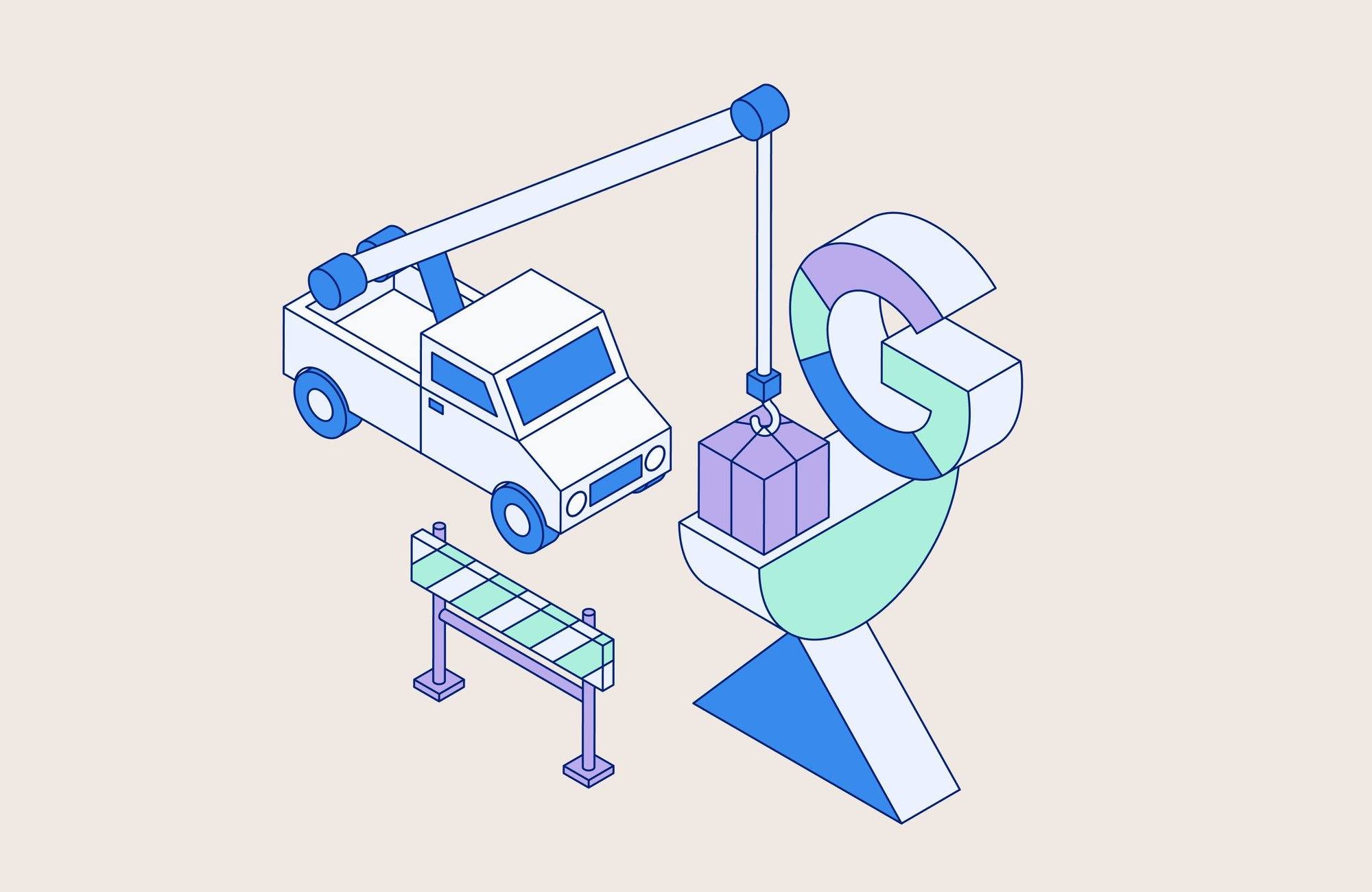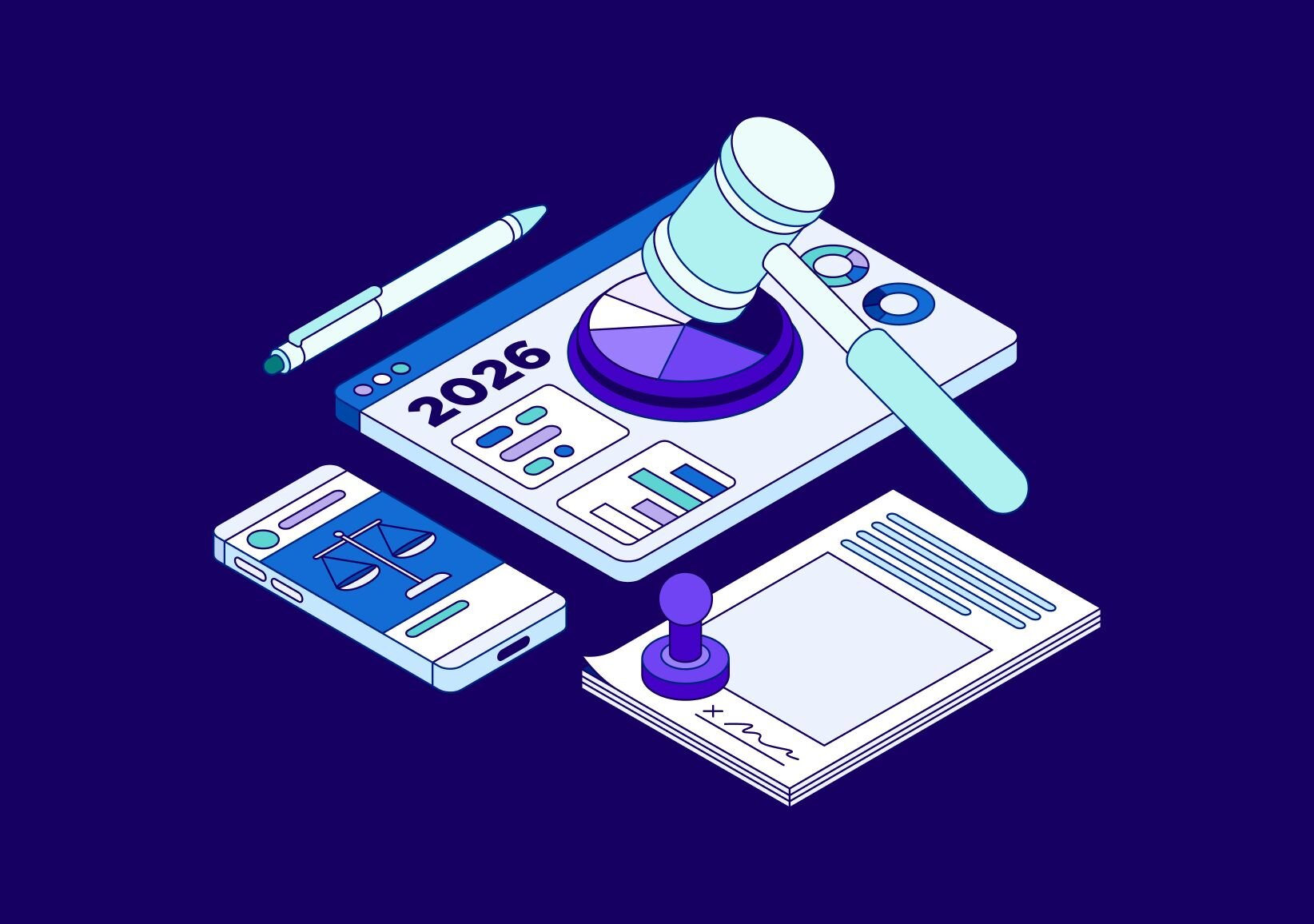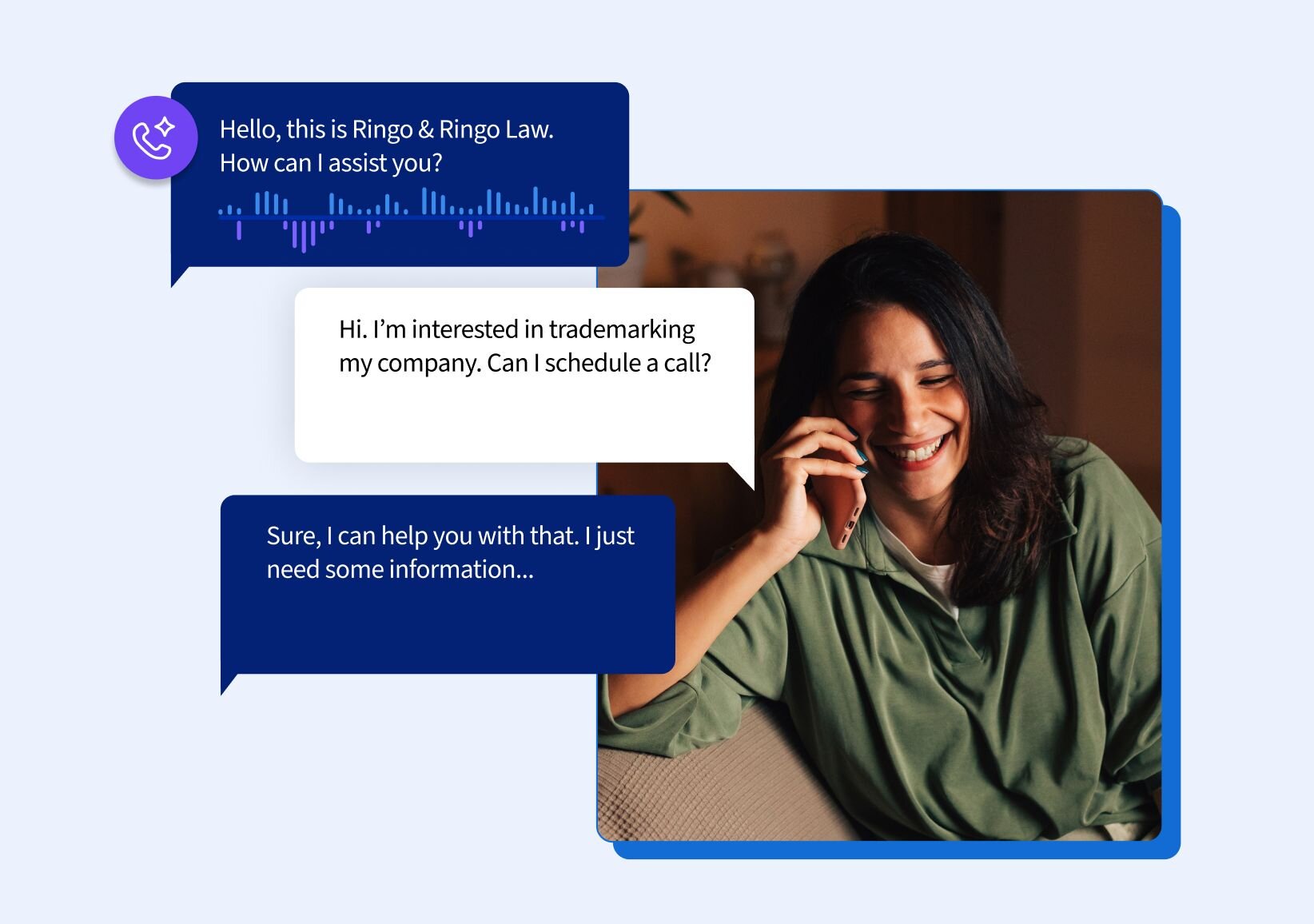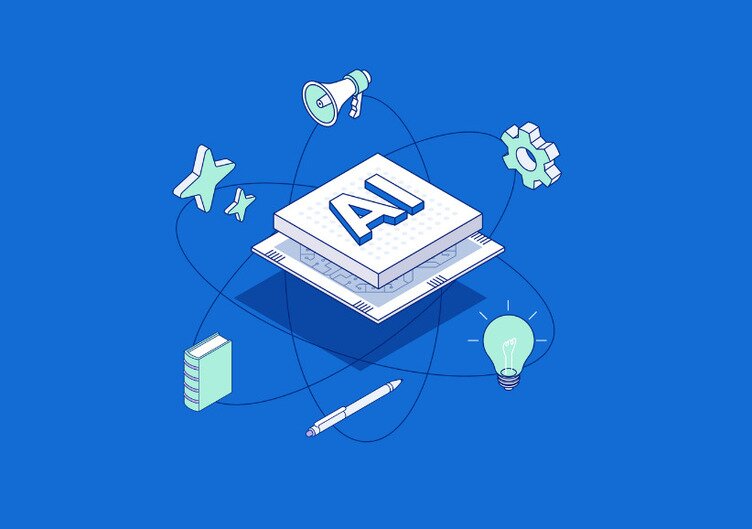The deadline to upgrade your Google Analytics properties to GA4 is looming: July 1st is the hard cutoff, after which Google will stop collecting your data in Universal Analytics (aka GA3) and you'll be force-migrated to the new versions (potentially with some ill effects to your tracked events and reports).
GA4 is a brand-new tool that collects different data in different ways than UA. And you need to ensure you don't lose any critical data in the transition.
There's no time left to drag your feet. Here are the five critical reasons not to wait until it's already too late.
1. Force-migrated data will create its own set of headaches
If you choose to do nothing and let Google migrate your data, Google will automatically create a new GA4 property for you and copy your UA configurations over. However, not all UA configurations have an obvious GA4 counterpart, and the automated process might not make the same choices as you would. If you don't take control and migrate your data in advance, you risk having your event tracking data destroyed and encountering more hassle fine-tuning your data after a forced migration than if you did it on your own.
Learn how to create custom events in GA4 here.
2. Integration outages may prevent accurate decision-making
Integrations are not likely to port over automatically, even if your UA3 property ports over. So, if you wait, you'll almost definitely have outages between GA4 and your integrations. If you're exporting GA data into business intelligence tools like Looker, Redshift, Tableau, etc., outages can impact whether you have the appropriate or accurate data for making business decisions.
Whether you've fully set up GA4 or not, move your call data into GA4 with CallRail's integration. This way, you’ll be ready to go on July 1, and won't have any gaps in your data or your decision-making.
3. You'll lose your historical data
Migrating your data sooner will allow you to collect the right historical data for the specific conversions, audiences, and other analytics data you care about most. If you wait, you'll lack historical data in GA4, making reporting harder and giving you less intelligence from which to make smart business decisions.
4. You'll have gaps in your attribution data
Gaps in attribution data can hinder your ability to accurately track conversions and make data-driven decisions. Even if GA4 is collecting online data, like clicks-to-calls, unless you've integrated it with CallRail, you'll have little insight when it comes to major conversion events in a lead's lifecycle, such as when a lead types in the number to call a rep instead of clicking. You'll also miss out on other important information, like whether a call was answered or not, how long a lead spoke to a rep, and whether the rep marked the leads as qualified.
Here's how to create custom conversions in GA4.
5. Your ad campaign performance may be impacted
If you don't migrate by July 1, any UA data that you're using in Google Ads campaigns will slowly degrade, and your ad performance may be impacted. Customizing your GA4 setup now can help keep your ad campaigns running seamlessly.
Get all the resources you need to make the switch before it's too late
We've compiled a wealth of resources to help businesses make the switch from Universal Analytics (GA3) to Google Analytics 4 easily and completely. That means no attribution gaps or data loss headaches from waiting too long to make the switch. Check them all out here:










